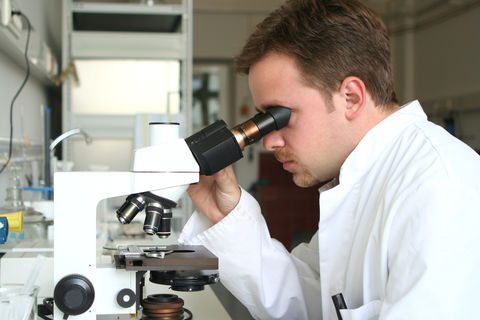New insight into into the role of male hormones in fertility and polycystic ovary syndrome

Research led by University of Birmingham scientists in collaboration with Northwestern University in Chicago has provided fresh insight into the role of male hormones in supporting and disrupting the production of eggs by ovarian follicles (University of Birmingham, 2017).
The study, published online in Endocrinology, measured for the first time the production of hormones by the isolated ovarian follicle during its development, using highly sensitive and specific mass spectrometry.
The researchers, from the Institute of Metabolism and Systems Research at the University of Birmingham, showed that ovarian follicles are able to produce androgens from very early stages of development. They found androgens are needed for normal function of the follicle, including the successful release of an egg that can be fertilised.
However, lead author Professor Wiebke Arlt said “We could also show that too much androgen disrupts the development of the follicle, mirroring what we observe in women with polycystic ovary syndrome, who have increased blood androgen concentrations and frequently have difficulties conceiving.”
She said this was an exciting and unexpected discovery, as they could show that the follicle is able to regulate the male hormone balance by decreasing androgen production in response to androgen administration while increasing androgen production when the follicle is treated with androgen receptor blockers.
She said “In women with polycystic ovary syndrome, this self-regulation of the male hormone balance by the follicle is overcome by the very high androgen concentrations in circulation. Thus, we can expect that a decrease in androgens will have a beneficial effect on fertility in affected women.”
The University of Birmingham researchers used a system pioneered by Professor Teresa Woodruff, from the Women’s Health Research Institute at Northwestern University. This allowed them to embed a follicle isolated from a mouse ovary in a gel and then to observe its development in a dish, until the release of a mature egg at the end of the process.
First author Marie Lebbe spent nine months in Chicago to learn the method before transferring it to Birmingham, supported by a clinical research training fellowship from the MRC. She said “This was a big adventure for our family, with our fourth child being born just a few months before we went to Chicago. The collaboration was a truly amazing experience.”








